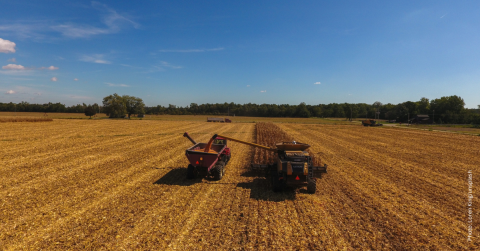More from UN DESA
Economic downturn poses further risks for food security

Hunger is on the rise globally. The number of people affected by acute food insecurity nearly doubled in recent years and it is likely to climb to over 200 million in 2022. Close to one million people live in starvation conditions – ten times more than six years ago. The impact differs by gender, with women facing more food insecurity than men in every region of the world.
Population groups – trapped in conflict and violence and grappling climate change and natural disaster – often face acute hunger. But rising global food prices caused by high global agricultural and hydrocarbon prices, rising interest rates and a strong dollar are further exacerbating food crisis in many developing countries.
Food prices rose rapidly during the COVID-19 pandemic due to supply-side disruptions and rose further with the outbreak of war in Ukraine. Though prices have returned to their pre-war levels, they remain historically high and vulnerable to sudden changes in geopolitical or environmental conditions. Food export restrictions and elevated energy prices exacerbate these effects and ultimately weigh on household incomes and access to food.
With global food prices expected to remain markedly above the levels of recent years, and recession or a significant slowdown looming in major economies, the capacity of developing countries to cope with the ongoing food security crisis will be further strained. Faced with shrinking fiscal space, governments are compelled to curtail public spending, adversely impacting household income and purchasing power.
On the multilateral front, targeted humanitarian action is urgently needed to save lives and livelihoods and prevent starvation and death. Salvaging the Black Sea corridor agreement would prove crucial for supplies of food and fertilizer, especially to developing countries. Domestic measures to deal with price volatility are also important, including targeted support to those particularly exposed to higher energy and food prices. Maintaining stable and functional global food markets, including the phase out of export restrictions implemented by main food producers, will continue to be essential.
Learn more from the November Monthly Briefing on the World Economic Situation and Prospects.
Photo Credit: Loren King/unsplash
 Welcome to the United Nations
Welcome to the United Nations